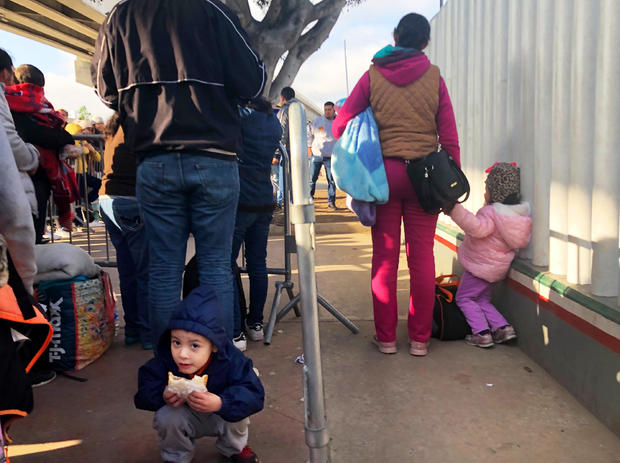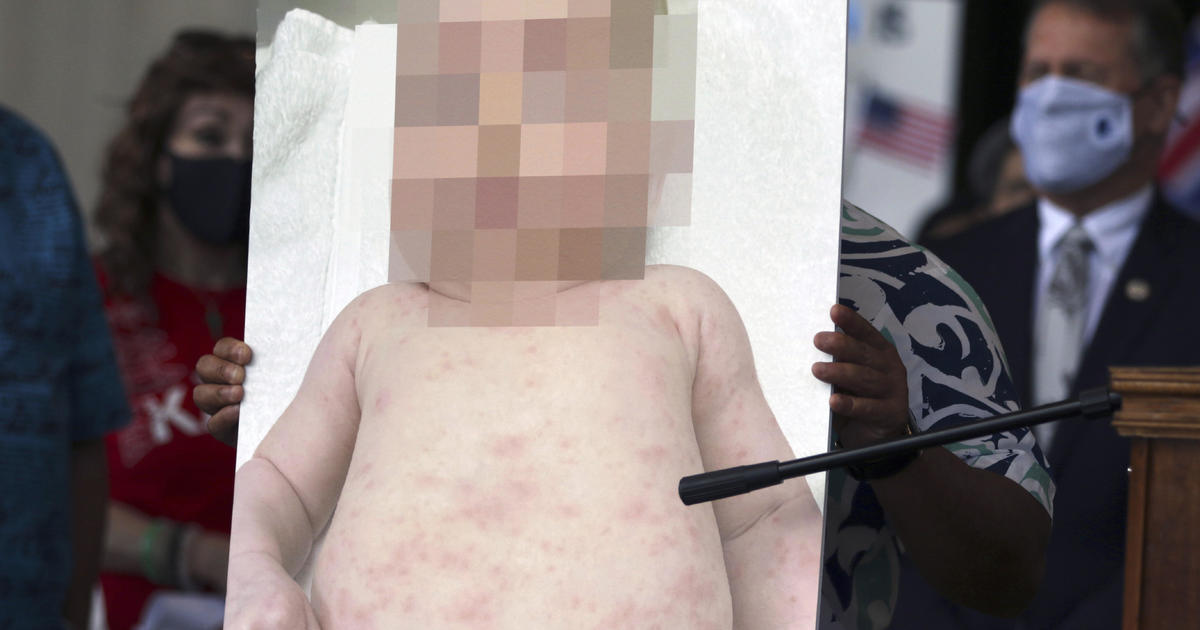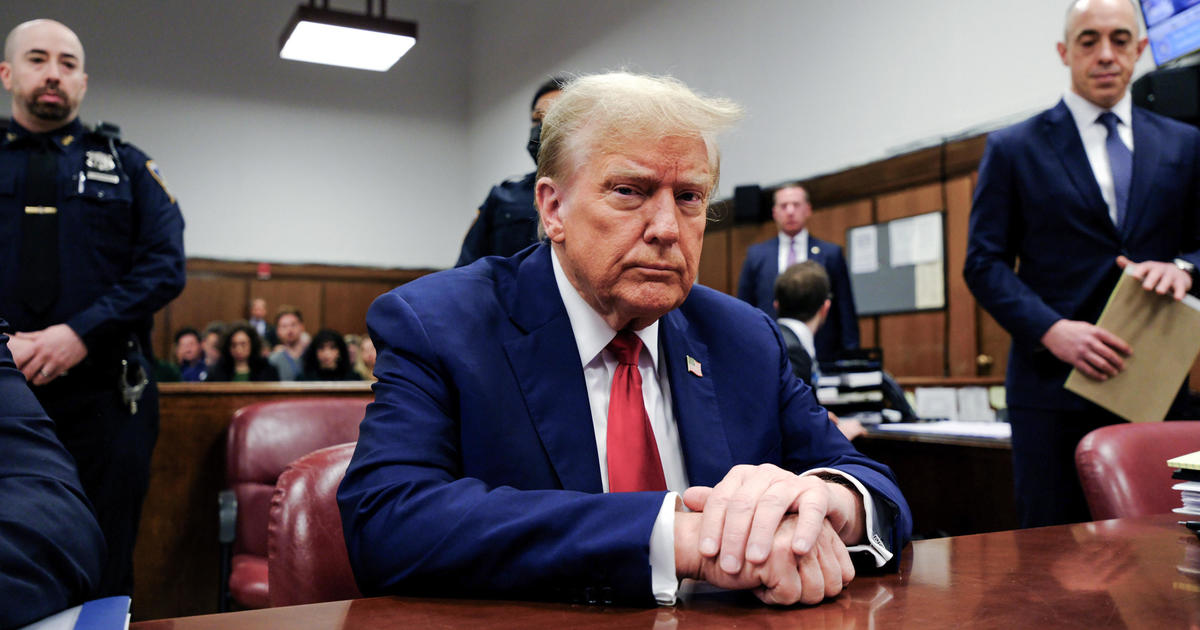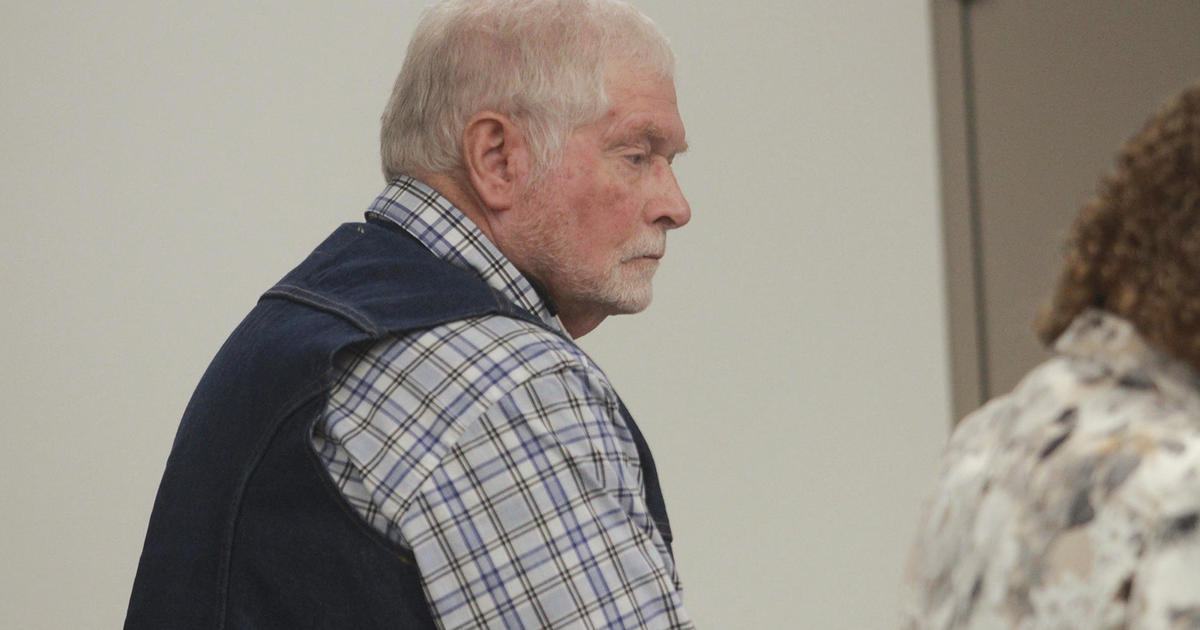U.S. postpones court hearings for asylum-seekers in Mexico over coronavirus
Citing the global response to the coronavirus pandemic, the Trump administration on Monday moved to postpone all court hearings for the thousands of asylum-seekers it has returned to Mexico.
The Justice Department said hearings for migrants in the so-called "Remain in Mexico" program that were initially slated to take place before April 22 would be postponed. A spokesperson for the Executive Office for Immigration Review (EOIR), the Justice Department branch that oversees the nation's immigration courts, said the decision will ensure asylum-seekers in the program can have their "day in court," while safeguarding the health of migrants, officials and U.S. citizens.
Though the spokesperson said the "Remain in Mexico" policy was not being "canceled," Monday's move will partially paralyze the centerpiece of the Trump administration's restrictive asylum policies designed to discourage migration to the U.S. southern border. Under the policy, known officially as the Migrant Protections Protocols, or MPP, U.S. border officials have returned more than 60,000 Latin American migrants to northern Mexico, requiring them to wait there as their asylum cases are adjudicated.
In its statement, the Justice Department spokesperson said asylum-seekers in Mexico who are scheduled to appear before an immigration judge in the U.S. through April 22 should report to U.S. border officials on their previously scheduled court dates to get new government documents and a new hearing date.
Monday's move comes days after the Trump administration invoked sweeping immigration restriction powers in public health law to allow officials to rapidly turn away migrants who cross both the northern and southern borders without authorization. The restrictions, which the administration said were necessary because of the pandemic, bar the entry of migrants without proper documents, even at ports of entry.
Though officials did not clarify whether asylum-seekers in the MPP policy would be allowed inside the U.S. to attend their hearings in light of the new measures, immigration attorneys reported Monday morning that migrants in the program were denied entry. Customs and Border Protection officials did not say whether they will continue to return asylum-seekers to Mexico as part of the MPP program.
Earlier this month, the Justice Department cancelled all hearings for immigrants who were not detained because of the coronavirus outbreak. But the department has come under withering criticism for refusing to close most courts or delay hearings for immigrants detained by U.S. Immigration and Customs Enforcement, despite a flurry of calls do so by judges, prosecutors and lawyers.
Richard Newman, an immigration attorney with the non-profit San Antonio Region Justice For Our Neighbors, said Monday's announcement was a good move from a public health perspective. He said he and other lawyers who are representing asylum-seekers in the MPP program had been dreading telling their clients they would not go to court with them or visit them in Mexico, fearing community transmission of the coronavirus.
"If one of us lawyers has COVID-19 and we walk over and talk to our clients, the entire refugee camp will get it," Newman said. "It had put us in this impossible position of trying to protect ourselves, protect our communities and protect the refugee community."
"I'm thankful that EOIR made that decision so it doesn't make the immigration lawyers look like bad guys," he added.
The Centers for Disease Control and Prevention (CDC) order that U.S. border officials are using to justify the entry restrictions implemented over the weekend cited assessments by medical experts who said an outbreak of the coronavirus inside the encampments and shelters for asylum-seekers returned to Mexico by the U.S. is "inevitable."
Though well-aware of the public health considerations, Newman noted that migrants he represents are disheartened that they won't be able to make their case to win U.S. asylum in front of a judge anytime soon. He noted that while waiting months for their hearings, many asylum-seekers have been living in squalid conditions inside camps and shelters located in crime-ridden Mexican borders cities like Matamoros, Tamaulipas, a state the U.S government warns Americans not to visit because of rampant violence.
"These people are broken-hearted," Newman told CBS News. "They are stuck in a horrible situation in Mexico."





